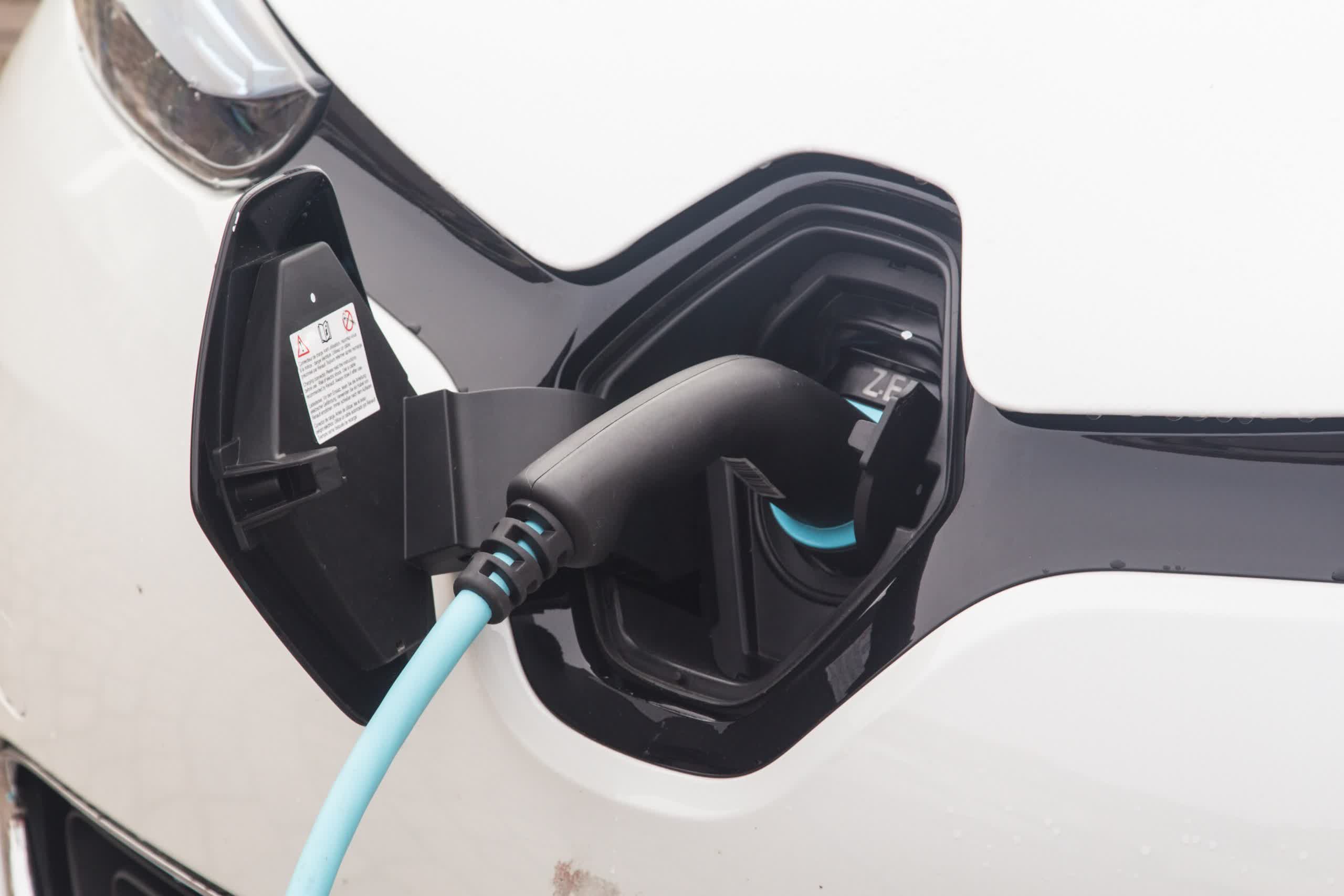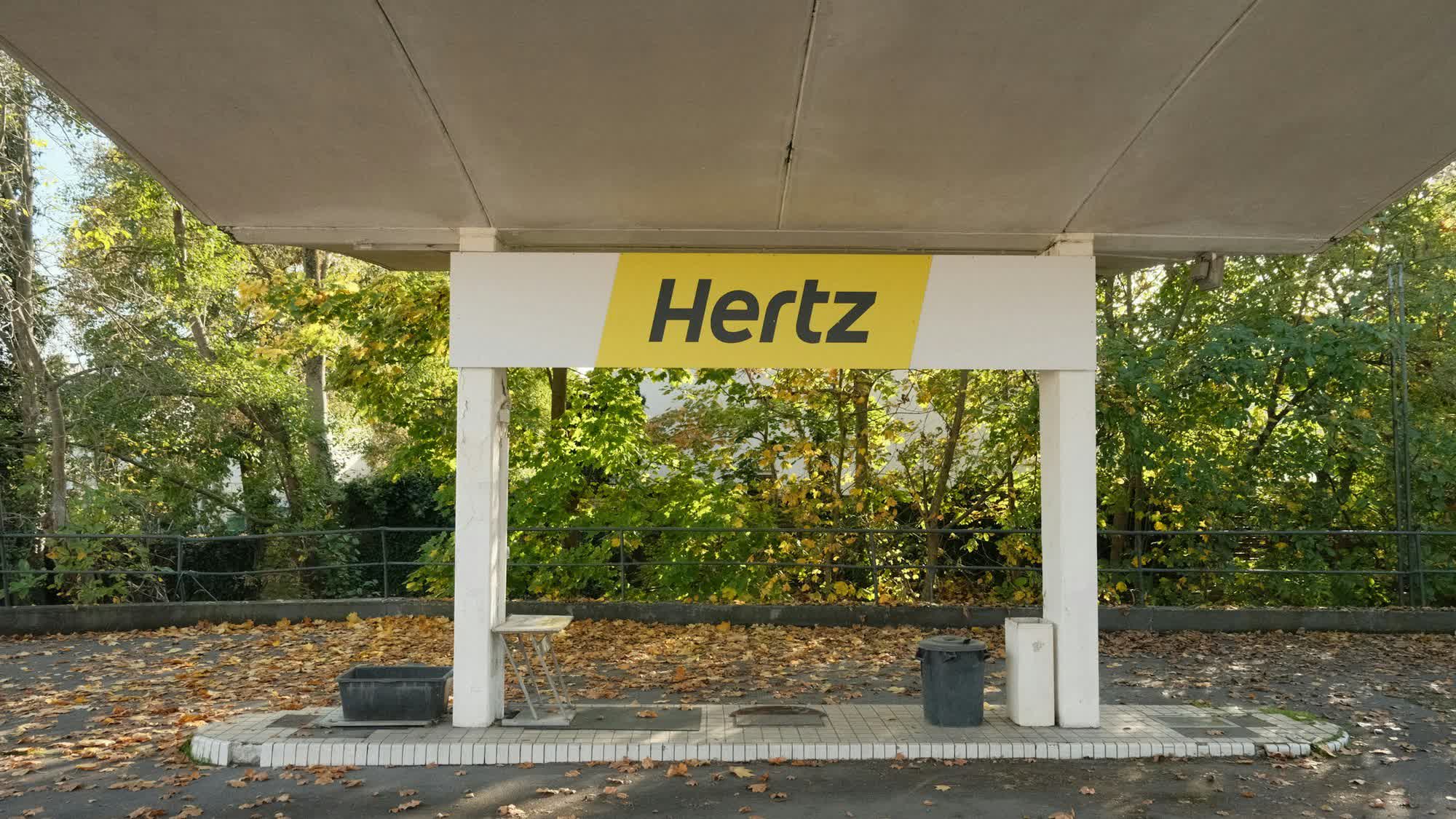In context: Electric vehicle sales in the US have increased exponentially over the past few years, but people still stick to traditional gasoline-powered cars when they rent. Consumers' unwillingness to rent EVs has cost at least one high-profile CEO his job.
Hertz CEO Stephen Scherr is stepping down from his position at the car rental company following a $348 million loss last quarter. According to CNN, it is the firm's most significant quarterly loss since 2020. A fair portion of the downfall stemmed from Scherr's failed bet on EVs.
Gil West, former chief operating officer of Delta Air Lines and GM's Cruise division, will step into Scherr's vacancy. He will be Hertz's fifth boss in four years and must hit the ground running if he hopes to pull the company out of trouble and steer it to profitability.
Scherr made a series of contentious moves, including committing to acquire 100,000 Teslas in 2021 shortly after the company completed bankruptcy proceedings. He also announced plans to buy up to 175,000 electric cars from GM and 65,000 from Volvo's Polestar division. Ultimately, the company only bought 60,000 electric cars before pulling the plug on its EV plans.

The stunning 180 was sparked by Tesla repeatedly slashing the prices of its most popular models over the past year, sending their resale values plummeting. Saddled with a fleet of depreciating assets and renters unwilling to try out battery-powered vehicles, Hertz announced in January that it was selling 20,000 EVs from its fleet to reduce its liabilities. The company expects to take a $245 million hit related to the sale due to depreciation.
Wedbush Securities EV Analyst Daniel Ives suggests that consumer skepticism was part of Scherr's EV venture's failure. A significant number of people are biased toward internal combustion engines. Another factor is that even folks who own an electric car wouldn't necessarily want to rent one when traveling, especially on long trips. Electric vehicles require specialized charging stalls, which are still not as widely available as traditional gas stations.
As if that wasn't bad enough, Scherr discovered that repairing EVs is much more expensive than fixing internal combustion cars. Since purchasing electric vehicles is more expensive, the added maintenance costs hit the company like a one-two punch. So, with the new high-tech fleet's value in the tank for lack of used EV demand, Scherr's fate was sealed.
